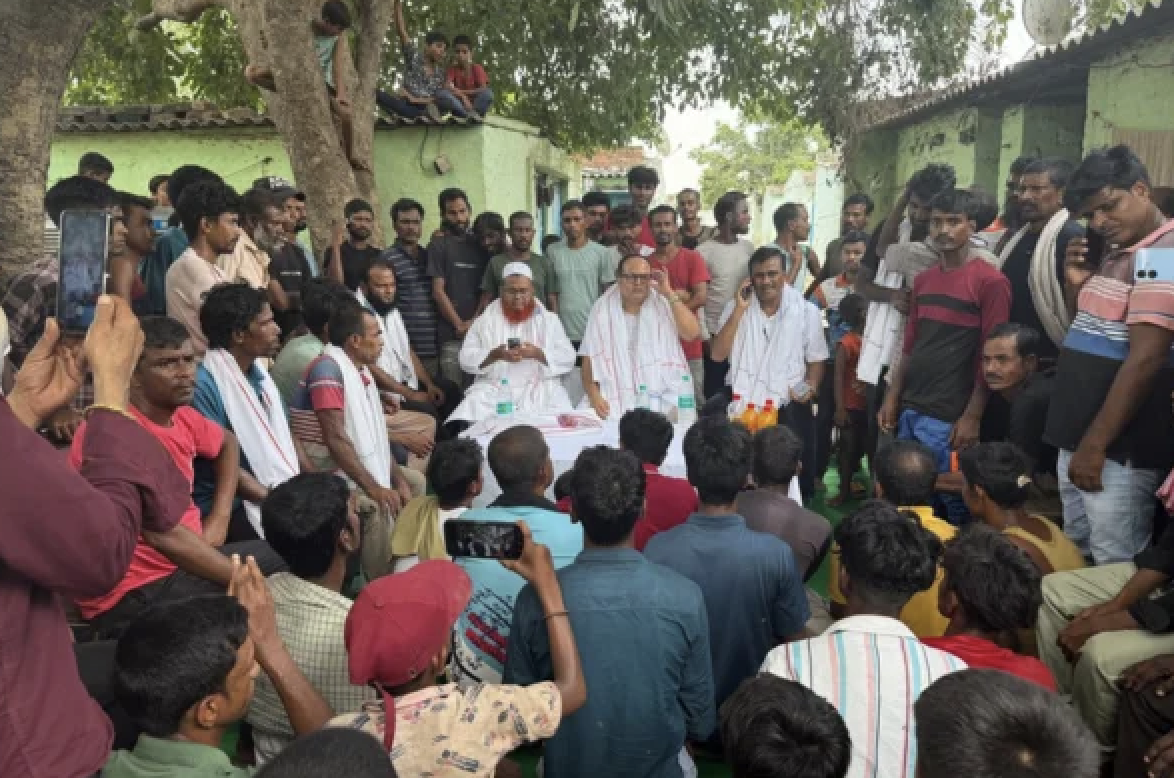By
Indian prime minister Narendra Modi‘s government has moved to implement a contentious citizenship law that has been criticised for being discriminatory against Muslims, four years after it was passed in parliament.
The Citizenship Amendment Act (CAA), which the Hindu-nationalist government claims to be “pro-refugee”, comes into effect just weeks before the 2024 general elections, where Mr Modi is seeking a rare third consecutive term in office.
The law grants the right to apply for Indian citizenship to refugees from Pakistan, Bangladesh, and Afghanistan who arrived in India before 31 December 2014 – but only if they come from minority religious groups in these Muslim-majority countries.
An announcement from India’s home ministry that the legislation would finally be enforced triggered fresh protests on Monday night in the northeastern state of Assam and the capital Delhi by critics who say the law is anti-Muslim.
This story was originally published in independent.co.uk. Read the full story here.






